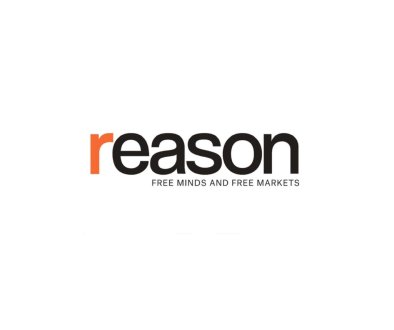Does the Smoot-Hawley Act Justify the Trump Tariffs? More, from Jed Rubenfeld and Philip Zelikow
I’m delighted that Jed Rubenfeld and Philip Zelikow decided to engage further on this matter. (For the original post laying out Prof. Rubenfeld’s position, see here; for Prof. Zelikow’s position, see here.) First, from Prof. Rubenfeld:
Let me first thank Hoover Senior Fellow Philip Zelikow for this. It’s important for everyone to see forceful arguments on both sides of such an important matter. That said, I think Prof. Zelikow overplays his hand—considerably.
To make the issue clear: I’ve written that most of Trump’s tariffs seem to fall squarely within the language of Section 338 of the Tariff Act of 1930 and that they can be upheld under that Section 338 even though the tariff executive orders don’t cite it. (It’s well established that executive orders can be upheld under statutes they don’t cite.) Prof. Zelikow doesn’t take issue with any of that.
Rather, Prof. Zelikow claims that Section 338, which remains on the books today at 19 U.S.C. § 1338, was implicitly repealed by subsequent tariff statutes. Or at least that Section 338(d)—a provision I quoted—has been so repealed.
But “repeals by implication,” as Justice Scalia once wrote, “are disfavored—’very much disfavored.'” Here’s the Supreme Court’s 2020 pronouncement on implicit repeals:
“[R]epeals by implication are not favored” and are a “rarity.” Presented with two statutes, the Court will “regard each as effective” unless Congress’ intention to repeal is “clear and manifest,” or the two laws are “irreconcilable.” “[W]hen two statutes are capable of co-existence, it is the duty of the courts, absent a clearly expressed congressional intention to the contrary, to regard each as effective.”
Maine Community Health Options v. United States, 590 U.S. 296, 315 (2020) (citations omitted).
None of the statutes Prof. Zelikow cites expressly repeals Section 338 or any part of Section 338 of the Tariff Act of 1930. None is in conflict with Section 338, much less “irreconcilable” with it. And Prof. Zelikow cites no language from those statutes’ legislative history expressing a
Article from Reason.com

The Reason Magazine website is a go-to destination for libertarians seeking cogent analysis, investigative reporting, and thought-provoking commentary. Championing the principles of individual freedom, limited government, and free markets, the site offers a diverse range of articles, videos, and podcasts that challenge conventional wisdom and advocate for libertarian solutions. Whether you’re interested in politics, culture, or technology, Reason provides a unique lens that prioritizes liberty and rational discourse. It’s an essential resource for those who value critical thinking and nuanced debate in the pursuit of a freer society.




